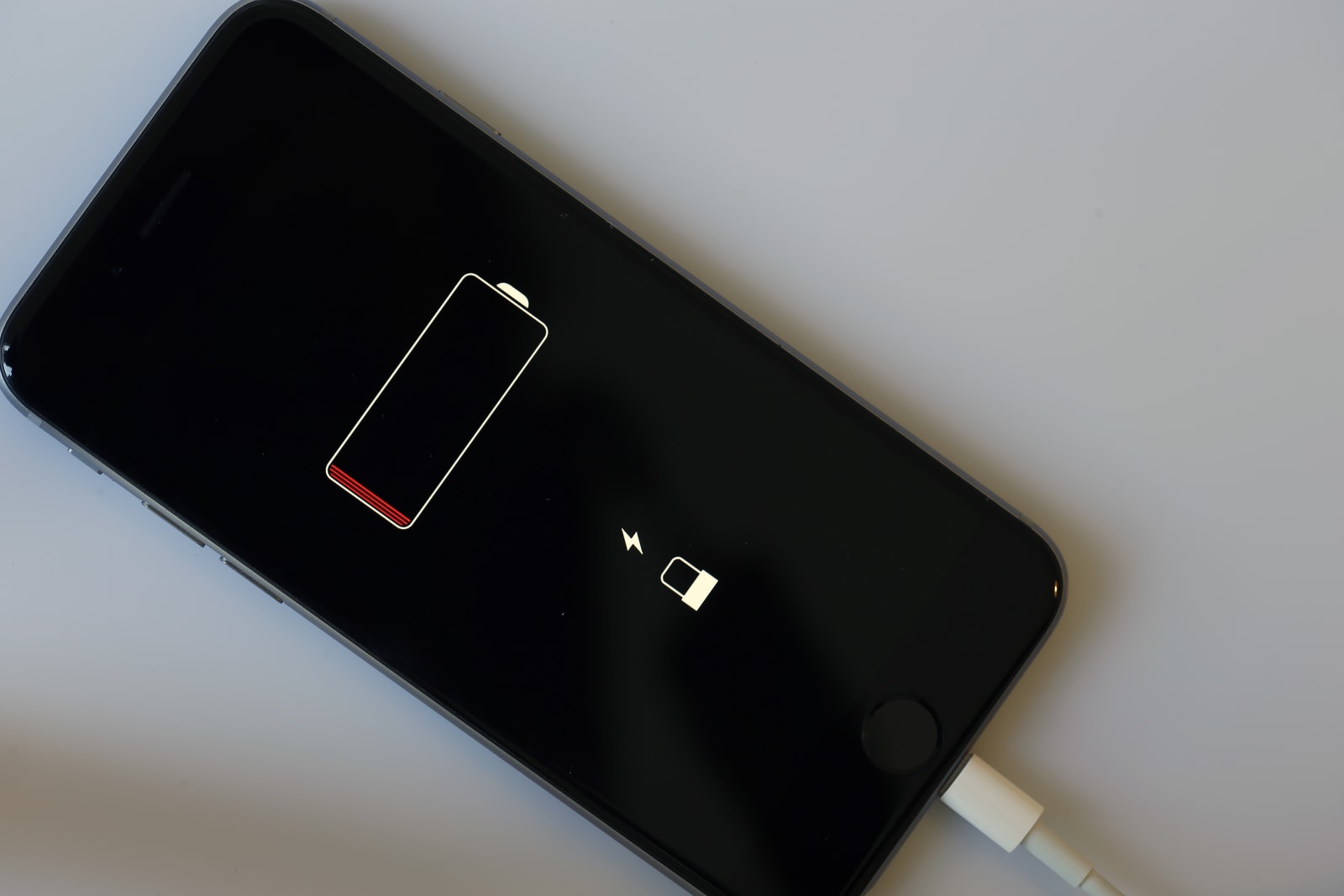Apple may secure its own battery materials to avoid shortages


Cobalt is an essential component in lithium ion batteries, making it a crucial material in the production of smart devices and electric vehicles. But, as battery-hungry cars go mainstream, there's a risk that the world's supply will be eaten up by cars, which poses a problem for all of the other things we use. It's why Apple has reportedly entered into direct talks with cobalt miners in the hope of securing a supply of the material itself. Bloomberg reports that the company, which has previously left the effort to its battery manufacturers, has now taken a more active role.
According to the report, Apple is seeking to lock down a long-term deal, securing several thousand metric tons a year, for a last five years. The move puts Apple in direct competition with other big players who are also looking for a similar agreement, and advantage. BMW, Volkswagen and Samsung's own battery division are thought to be engaged in similar negotiations for their own EV projects.
It's clear from the piece that Apple is only seeking to secure material for batteries that go inside its consumer hardware. CEO Tim Cook has been open about his company's interest in the "autonomous systems" market, but wouldn't be drawn on what exactly was being worked on. Rumors out of Apple's self-driving car project, codenamed Titan, suggest that work is now underway on a plug-and-play system for third party manufacturers.
Procuring a supply of a highly-coveted resource is something that Apple has done several times in the past, often with market-altering results. Perhaps most famously, the company purchased a significant chunk of the world's NAND Flash supply in 2009, effectively shutting out its competitors.
Apple's involvement may also improve conditions in the mines themselves, since the company will be dealing directly with producers. Last year, it received plaudits from Amnesty International in its efforts to trace and eliminate child labor from its supply chain.
Source: Bloomberg
via Engadget RSS Feed "http://ift.tt/2BH30Mj"
Comments
Post a Comment